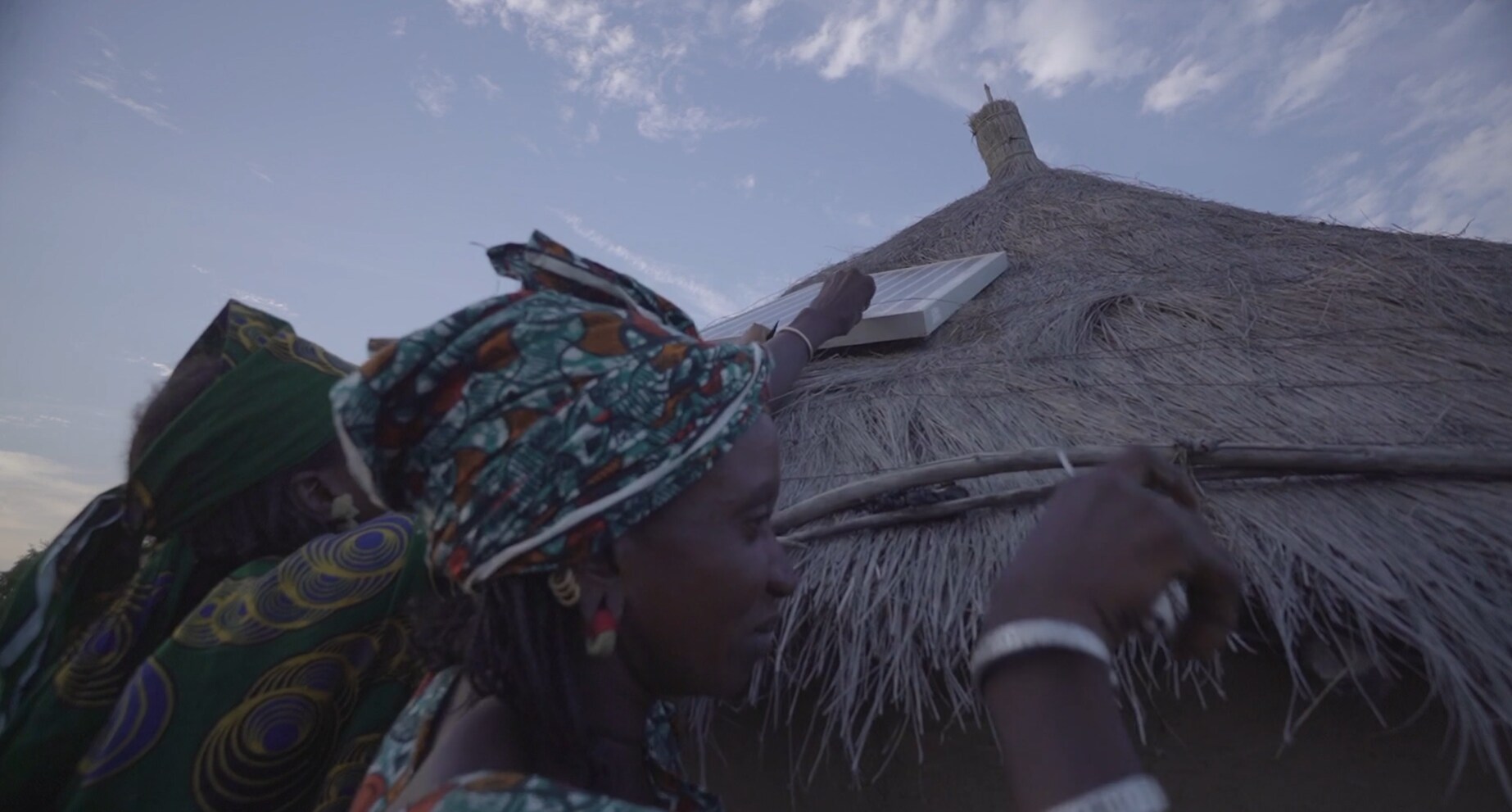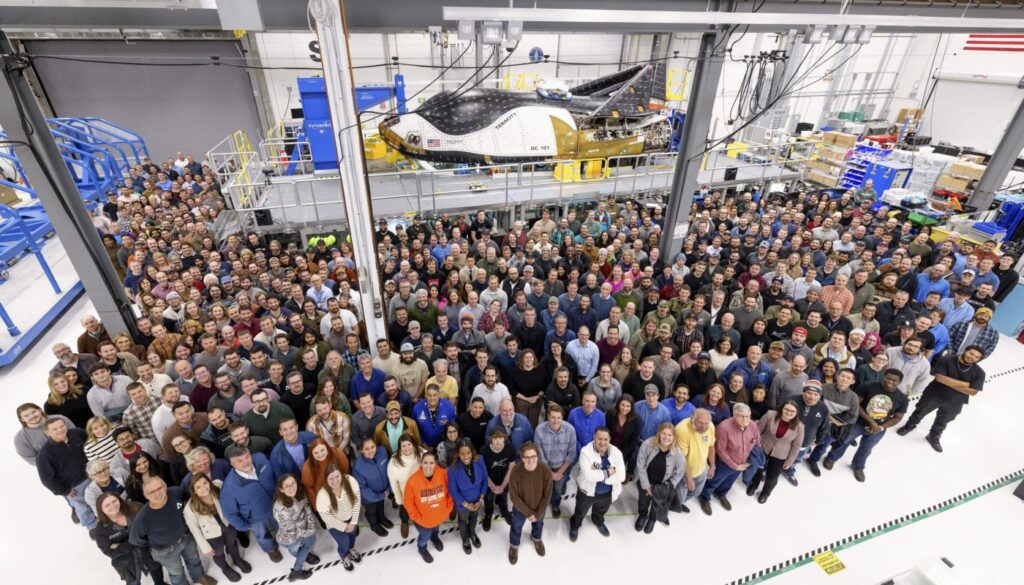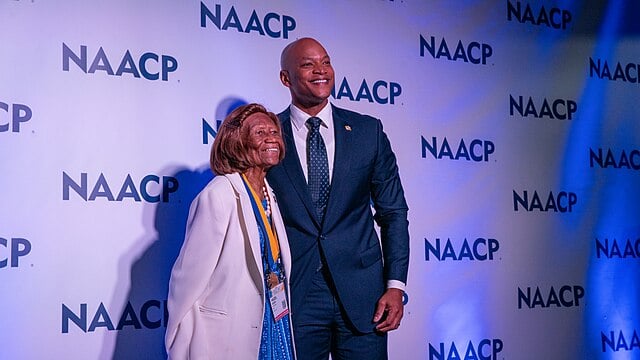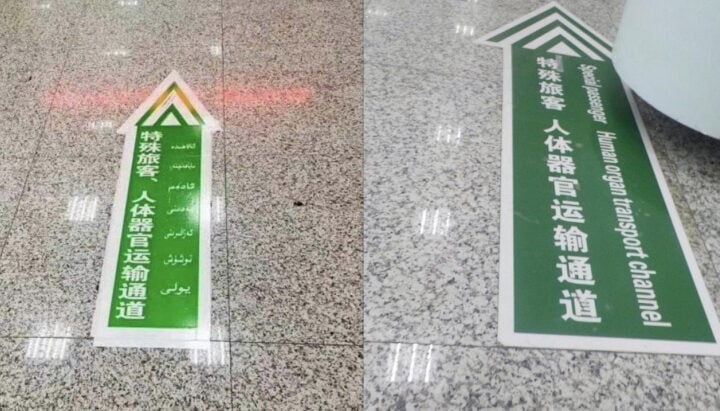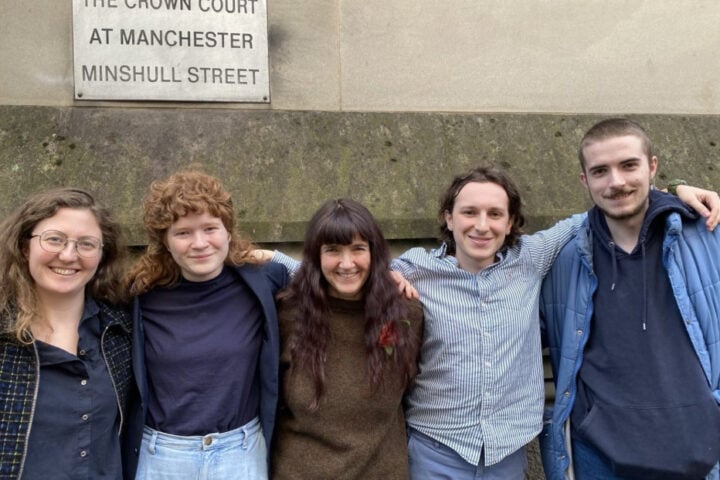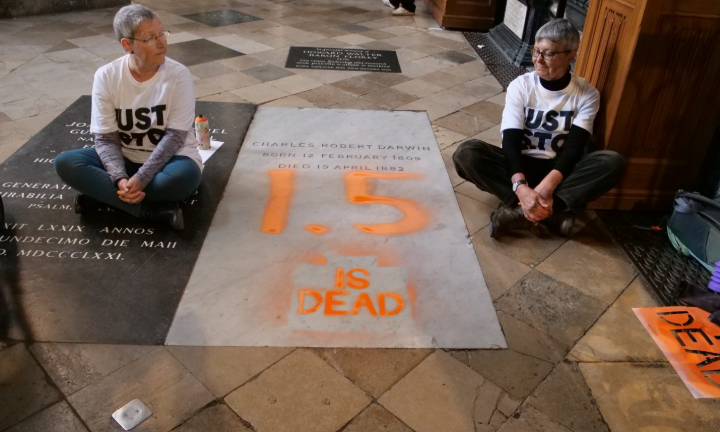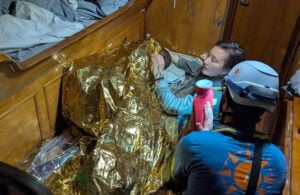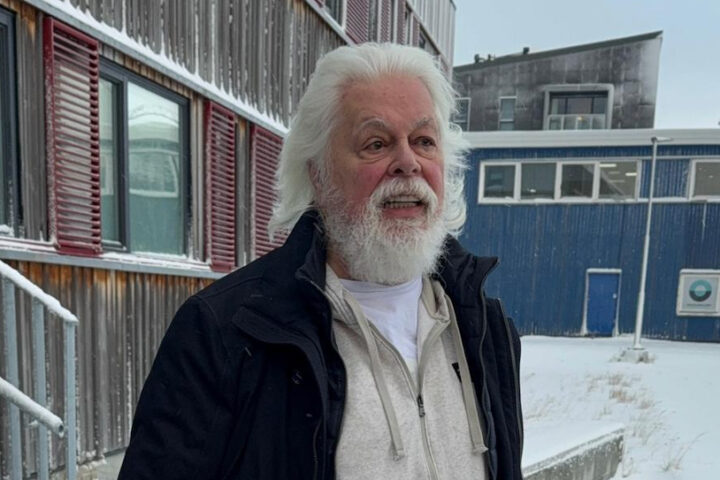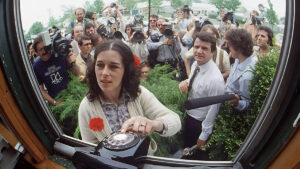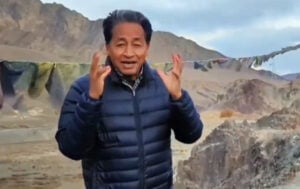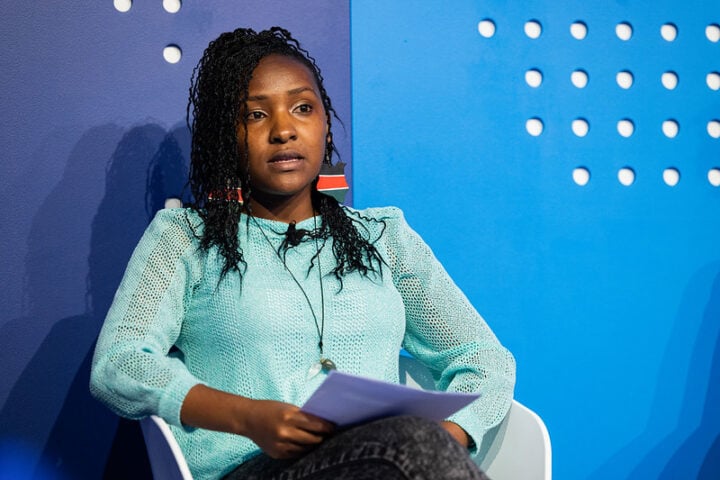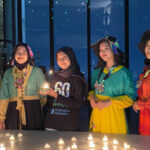Give a woman living off in rural Senegal access to solar power, and she can have electric lighting, cellphone charging, and labor-saving devices at home. Train her to become a solar engineer, however, and she can go on to improve the quality of life, health, education, connectivity, and the earning and career potential of entire communities. And this is exactly what is happening in the West African country.
As a gateway to Africa with multiple ports and air routes, Senegal has one of the continent’s highest electrification rates, more than 78%, according to the World Bank. Yet, away from the ports and cities, there are many remote parts of the country where households and enterprises are not electrified.
In Ranerou, in northeastern Senegal, a historic lack of energy sources, along with slow economic development, means there were few jobs or business opportunities for locals to exploit. Now, as a government initiative expands electrification nationwide, private investment in a Ranerou solar power project is transforming lives, physically, economically, and culturally, connecting some of West Africa’s most isolated villages to each other and the wider world.
Similar Posts
It is founded on investment in educating local women, many of whom have had no formal education, let alone any knowledge of digital technology. The Solar Mamas of Senegal, as they are affectionately known, are duly trained solar engineers whose capabilities mean they can influence economic growth and financial stability in their communities.
The program, created with BCI, aimed to address these challenges. It trained the Solar Mamas to be solar technicians and provided them with tools and support to start small businesses in Ranerou.
For many of these women, the program was a first-time experience. They traveled 415 kilometers to Toubab Dialao for training, a significant journey since most had never left their villages or worked before. Initially, there was some skepticism.
